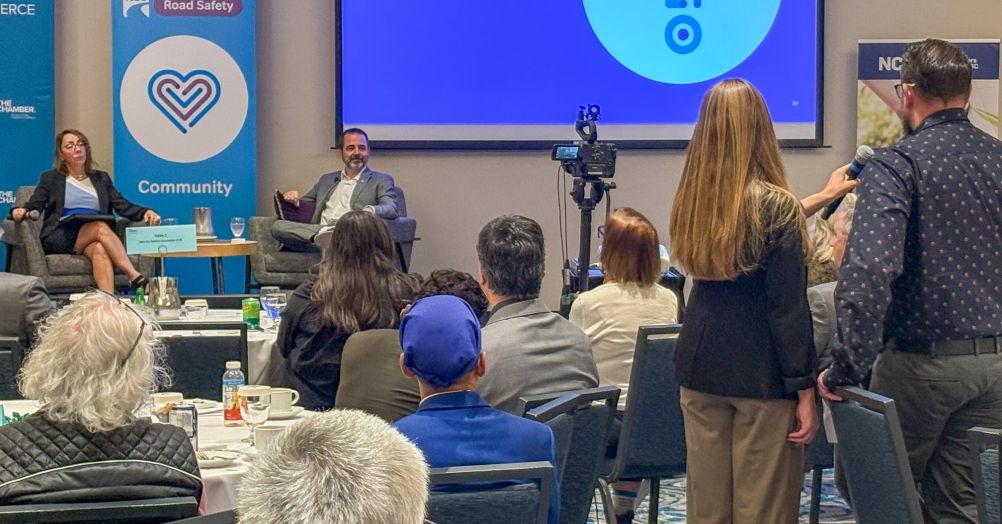People in recovery in Victoria who are experiencing homelessness or leaving supportive housing will soon have a safe place to stay.
When someone living on the street asks for help, it needs to be there. Having a safe downtown requires adequate support for people looking to recover from addiction.
A step in the right direction is the new recovery-oriented housing complex at 1153 Johnson St., announced today. The new project will include 20 self-contained units in substance-free surroundings for people who are a minimum 60 days sober, post-detox and treatment, and without a fixed address or exiting supportive housing.
This type of housing will free up supportive housing spaces for others experiencing homelessness.
“We’ve heard from the community that there is a lack of dry, recovery-oriented housing, which plays a critical role post-treatment,” Victoria Mayor Marianne Alto, said about the partnership between the City of Victoria, the provincial government and the Victoria Cool Aid Society. “This collaboration between the city and the Province will help create more positive flow in our housing continuum and support vulnerable residents as they move from homelessness to recovery after detox.”
BC Housing is providing $1.2 million in operating funding over three years, while Victoria will contribute almost $590,000 toward the facility’s operations over that time — in addition to $250,000 in capital funding for building improvements.
The housing site, known as Johnson Manor, is owned and operated by Cool Aid and will support continued recovery, promote independent living skills and prepare residents to transition into long-term, stable housing.

























